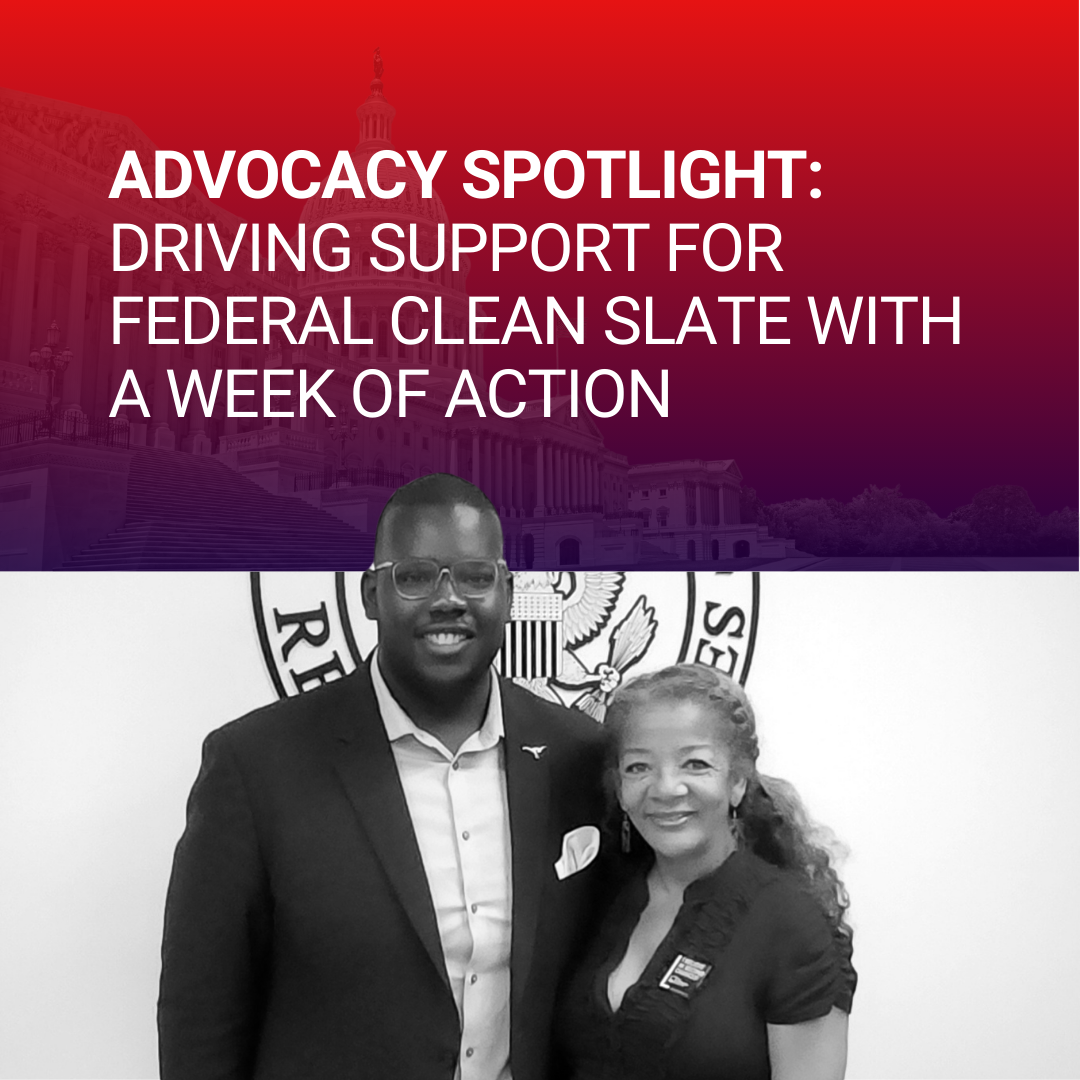Addiction, Recovery, and Second Chances: Clearing a Path Forward

In the past year, more than 48 million Americans battled a substance abuse disorder. At the same time, 70 - 100 million people in America are living with an arrest or conviction record.
During National Recovery Month, it’s especially important to make it clear: most people with a substance abuse disorder do recover. And, thousands of people who are working on their recovery are also living with an arrest or conviction record — for them, barriers to successful recovery are two-fold.
Recovery is hard. It takes an incredible amount of strength, resilience, determination, and courage. A person in recovery might have to rebuild their life, heal broken relationships or begin new ones, rebuild trust in personal and professional spaces, and work hard to regain control of their health. Imagine breaking your way through all of those obstacles, finally feeling ready to move on with your life, and then finding out that a whole other set of barriers is just beginning to surface.
Yet, all too often, arrest and conviction records are a side effect of addiction. According to research by the National Institute on Drug Abuse, 65 percent of the U.S. prison population has an active substance use disorder and another 20 percent were under the influence of drugs or alcohol at the time of their offense.
For someone battling a substance use disorder, the desperation to avoid withdrawal can be a blinder — driving the person to actions that are out of character or even illegal. For people who have a record as a result of their addiction, the recovery road becomes a lot harder to navigate because those records last long after their recovery has begun. Research shows having a record presents challenges to safe housing, stable employment, and education — all of which are key facts in maintaining long-term sobriety. Without access to those necessary resources, someone in recovery is more likely to face a relapse.
Clean Slate policies can help people commit to a successful recovery. With automatic record sealing, we can make sure that people aren’t haunted by their past while they’re working toward a brighter future.
Recovery and record clearing share an important value: the belief in second chances. The idea that people can change. Clearing arrest and conviction records — especially for addiction-related charges such as possession or theft — opens the door to a real shot at redemption. Addiction shouldn’t define a person's entire life, just like past mistakes shouldn’t become a perpetual punishment.
With Clean Slate policies, we’re working toward a society where a person’s past is not a permanent roadblock and second chances aren’t just possible — they’re the norm. Through automatic record sealing, people can break beyond the barriers of addiction — and when they succeed, so do our families and communities.
.avif)
.avif)
.png)

